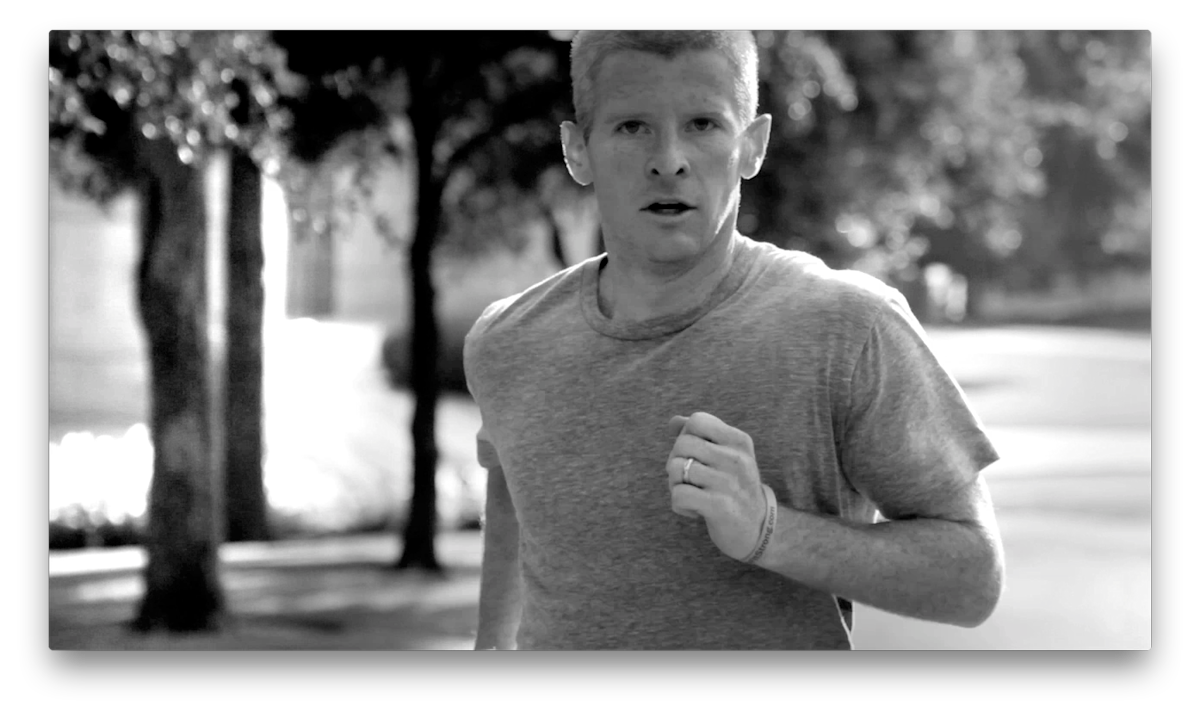
I recently finished reading the book Talent is Overrated by Geoff Colvin, and found the book’s insights on deliberate practice particularly revealing. Deliberate practice is one of the central tenets thought to invoke high performance in individuals – which is often mistaken by the world to be “God-given abilities” or innate talent. Deliberate practice is not just practicing the same thing over and over again. That would be too easy.
Deliberate practice is described as something that is
Designed to improve performance
Repeated a lot
Exposed for continuous feedback
Demanding mentally
Not much fun
Deliberate practice is working repeatedly at the things you are not very good at to become better. Deliberate practice is hard. It is demanding. It is difficult. It is often unrewarding in the short term. It is training. Don’t think classroom training. Think Navy SEALS training.
Outside of work, I really enjoy running. Practice for me is a daily run of 6-8 miles; and a long run on the weekends of 12-20 miles. None of this is deliberate practice, though. Deliberate practice would be tempo runs (runs 20-30 seconds per mile above my lactate threshold). Deliberate practice would be speed work and running hill repeats. It’s doing yoga to open up my hips (which are notoriously tight on distance runners). It’s doing glute exercises that absolutely hurt from beginning to end, because that is where I am weakest in my lower body. These are the deliberate practice drills that will separate my performance today from my ability and accomplishments tomorrow. The only thing keeping me from doing it? The fact that it’s not at all fun, and frequently it hurts quite a bit.
I find the same phenomenon in my work. We frequently gravitate toward “practice” activities and shy away from “deliberate practice” activities. We do this in our own professional lives, and we even more frequently do this with our teams. It is hard to redirect our team members away from the things that they do well, and put them in deliberate practice settings to work on the things that will make them better. It takes discipline to place them in environments and situations where they will struggle – all so that they can get experience that will help them become even better at some future point in time.
Over the past 2 years, I have had an opportunity to use deliberate practice principles with some of my team members, with incredible results. Sometimes it was intentional – identifying team members that need to take on certain roles to grow and improve so they will be ready after their next promotion and grow into the leaders we see them becoming. Sometimes this happens by accident – we had a particular need with certain skills and did not have the ideal person available. Purely by chance we were able to take a few new team members and place them into challenging, developmental roles.
In both cases the long-term results have been fantastic. The short-term results however, showed a relative decrease in performance. They were working those “weaker muscles”, some for the first time. Their performance went from Consistently Exceeds Expectations or Occasionally Exceeds Expectations to Consistently Meets Expectations. We grade our employees on an expectation scale. For the first time high performers have seen “Consistently Meets” or “Occasionally Meets Expectations” on their performance ratings. Their performance on these projects was always marked by excellence; it was just much harder and more “painful” to get those results. It took additional time, energy, and effort. It took a lot of constructive feedback, coaching, and repetition. It took some “cheerleader” moments to keep these employees from being discouraged that they were “falling behind” their peers who were able to continue their regular “practice” while they were forced into “deliberate practice”.
Those long run fantastic results I mentioned? Almost every time those individuals placed into deliberate practice routines were able to demonstrate an improved performance relative to their peers over the next 1-2 years. Those “Meeting Expectations” morphed back into the “Exceeding Expectations” they had historically achieved, and resulted in advancement and high performance ahead of their peers. They also showed more willingness to undertake leadership roles and engage in self-directed deliberate practice by working hardest on their weakest areas instead of concentrating only on the things that come most natural to them. The benefit to Credera and our clients has been incredible.
I’d like to say, “we do this all the time at Credera”, but that would be an oversimplification and a misstatement of facts. The fact is, we do it in fits and starts. I am encouraged by the fact that as leaders of Credera, we recognize the need to incorporate deliberate practice in our lives, in our teams, and for our clients. We may not always get it right, but we move closer each day, each client, each employee, and with each “ deliberate practice”.
For additional thoughts on how Credera can help your organization transform into a culture of high performance, check out our Organizational Change Management and Strategic services.
Contact Us
Let's talk!
We're ready to help turn your biggest challenges into your biggest advantages.
Searching for a new career?
View job openings